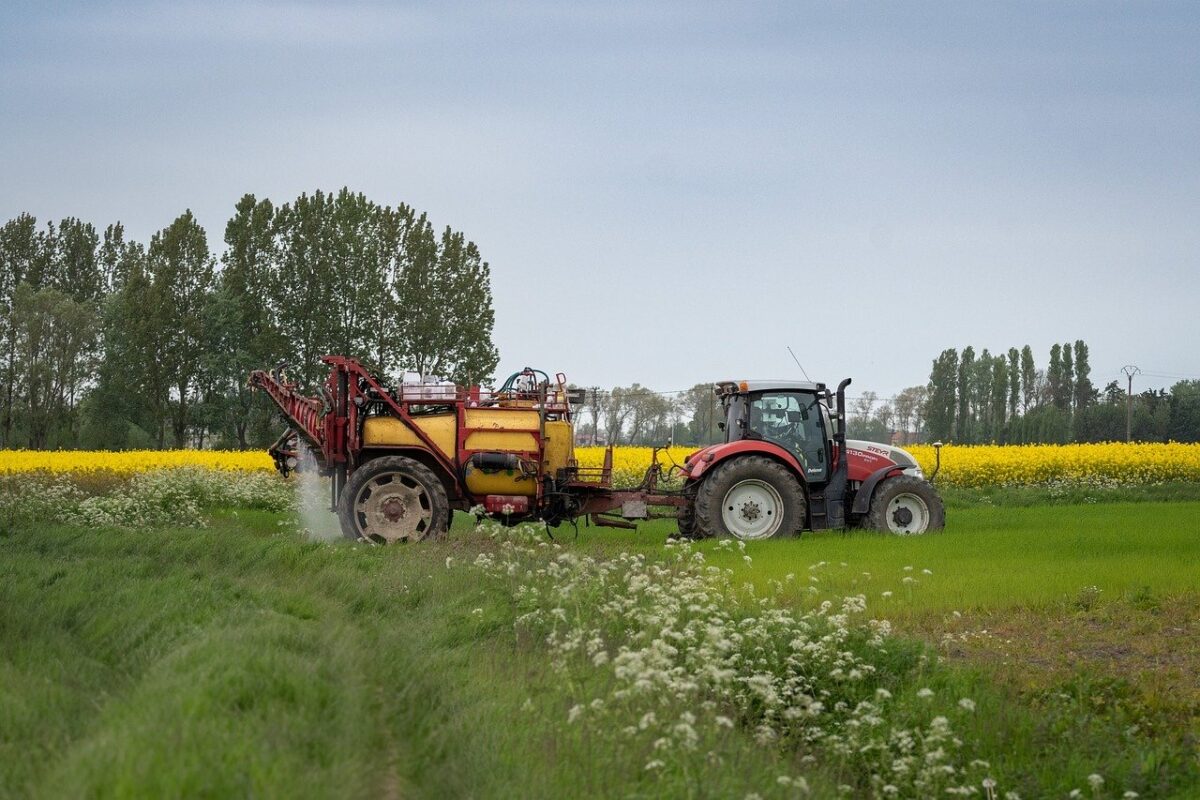From the Ground Up: Understanding Farmer Protests and the Future of Food
As consumers, we often see agriculture as a distant process, the source of our food magically appearing on grocery store shelves. But recent farmer protests have brought the complexities of modern farming to the forefront. So, what are farmers worried about, and how will these changes impact what lands on your plate? Let’s delve into nine key areas to understand the current situation:
1. The Squeeze on Profits: Farming is a business with tight margins. Between rising costs for fuel, fertiliser, and seeds, and volatile market prices for crops, many farmers struggle to make a living. New regulations that add additional costs or limit production can tip the scales towards financial hardship.
2. Uncertainty and Implementation: Farmers often feel blindsided by new regulations. Unclear guidelines and a lack of support for transitioning to new practices create anxiety. Will the changes be effective? Will they be financially viable for their farms?
3. Fear of Decreased Production: Some regulations aim to reduce reliance on chemical fertilisers or water usage. Farmers worry that these changes will decrease yields, leading to food shortages and higher prices.
4. Loss of Livelihood and Tradition: Farming is often a multi-generational profession, deeply tied to family and community. New regulations can feel like an attack on a way of life, a loss of control over how farmers manage their land.
5. Innovation vs. Regulation: Many farmers are already adopting sustainable practices. They argue that a top-down approach to regulation stifles innovation and ignores the unique challenges of different regions and farm types.
6. The Role of Science: The science behind environmental concerns like climate change and soil degradation is undeniable. However, farmers often feel that regulations don’t take into account the practical realities of their work. They emphasise the need for research into sustainable practices that are both effective and economically viable.
7. A Global Food System: Changes in one country’s agricultural practices can have ripple effects across the globe. Consumers need to understand that these protests are not just about local concerns, but about ensuring a stable and sustainable food system for everyone.
8. The Responsibility of Consumers: We all have a role to play in supporting sustainable agriculture. Look for labels that indicate responsible farming practices, seek out locally produced food, and reduce food waste. By making informed choices, consumers can send a powerful message.
9. Building Bridges: The solution lies in open communication and collaboration between farmers, governments, scientists, and consumers. Farmers need a seat at the table to help develop regulations that are practical and effective. Governments need to provide financial and technical support for farmers transitioning to new practices. Consumers need to be aware of the challenges farmers face and support policies that promote sustainable agriculture.
Impact on Consumers:
Changes in farming practices will undoubtedly impact consumers in several ways:
1. Price Fluctuations: In the short term, some changes may lead to temporary price increases, especially if there are disruptions in production.
2. Shifting Availability: Certain types of produce or meat may become less readily available, particularly if they are produced using methods deemed environmentally unsustainable. Is the science clear here and are governments forcing farmers into changes in produce including meat that are harmful to society more than the environment? Greater transparency is required from broad spectrum of scientific research not just the research that backs a certain narrative.
3. Evolving Labels: Expect to see more labels highlighting sustainable farming practices, allowing consumers to make informed choices.
4. Potential for Innovation: New regulations can drive innovation in the agricultural sector, leading to the development of more sustainable and efficient farming methods.
The Road Ahead:
The transition to a more sustainable food system will not be easy and we may in some instances be going down the wrong paths. There will be challenges and adjustments for everyone involved. However, by working together, we can create a future where farmers can thrive, the environment is protected, and consumers have access to healthy and affordable food.
Here are some additional points to consider:
- Supporting Local Farmers: Seek out farmers’ markets and Community Supported Agriculture (CSA) programmes to connect directly with producers who are committed to sustainable practices instead of just supermarkets.
- Reducing Food Waste: Roughly one-third of all food produced globally is wasted. By being mindful of our purchases and practicing responsible storage and consumption, we can make a significant impact.
- Investing in Research: Funding research into sustainable farming methods is crucial for developing practical solutions that meet both environmental and economic needs.
The future of our food system depends on a shared understanding of the challenges faced by farmers. By engaging in open dialogue and supporting sustainable practices, we can all be part of the solution.
Get help to protect and grow your business
Subscribe for free business risks alerts and risk reviews
Read more business risk management articles














